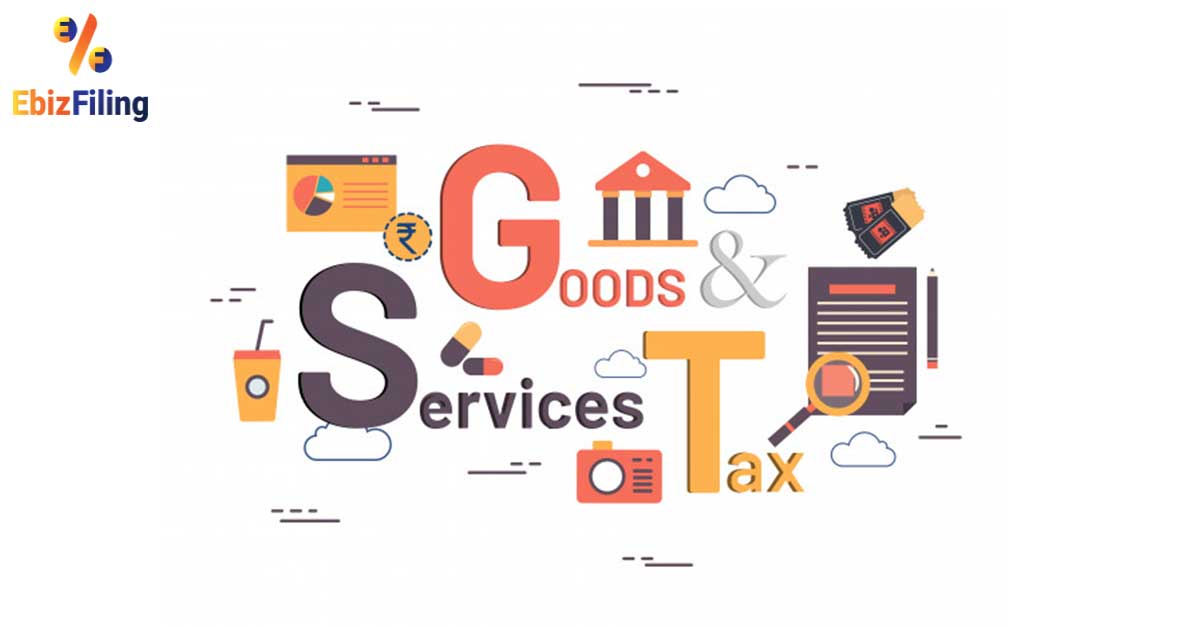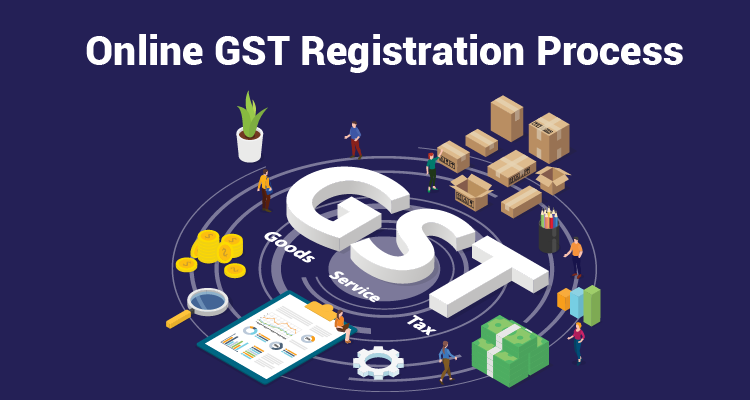Budget friendly Alternatives for the Best GST Registration Services in Singapore
Budget friendly Alternatives for the Best GST Registration Services in Singapore
Blog Article
From Start to End Up: The Ultimate Roadmap to GST Registration for Services Looking For Financial Security
Navigating the intricacies of Product and Services Tax Obligation (GST) enrollment is a crucial step for businesses pursuing economic security. From recognizing the fundamental concepts of GST to following post-registration standards, the process can seem discouraging in the beginning glimpse. Breaking down the roadmap right into manageable actions can improve the registration journey for companies looking to improve their financial standing. Let's check out the essential elements that comprise this utmost roadmap and uncover how each stage adds to laying a strong structure for financial success.
Recognizing GST Basics
Exploring the basic principles of Goods and Services Tax Obligation (GST) is essential for getting a detailed understanding of its ramifications on companies and the economy. GST is a value-added tax obligation levied on most items and services for domestic usage. It has changed several indirect taxes that existed in the pre-GST period, simplifying the tax framework and boosting simplicity of doing company in India. Under the GST system, both goods and services are exhausted at a specific price, which is identified based on their category. If their annual turnover surpasses the threshold limit set by the federal government, businesses are called for to register for GST. Input Tax Credit (ITC) is a considerable function of GST, permitting organizations to declare credit report for taxes paid on inputs, minimizing the overall tax obligation concern. Recognizing the basics of GST is critical for companies to adhere to tax policies, handle their financial resources effectively, and contribute to the nation's economic development by taking part in a clear tax obligation system.
Eligibility Requirements for Registration
As of the present regulations, the threshold restriction for GST registration is a yearly aggregate turn over of 40 lakhs for companies running within a state, other than for unique category states where the limitation is 20 lakhs. Additionally, particular organizations are needed to sign up for GST irrespective of their turnover, such as interstate vendors, casual taxed persons, and services liable to pay tax under the reverse cost mechanism. It is critical for businesses to extensively evaluate their turn over and purchase kinds to identify their GST enrollment responsibilities properly.
Documents Needed for Registration
Having actually satisfied the eligibility criteria for GST enrollment, services have to currently ensure they have the requisite papers in area to proceed this page with the registration process efficiently. The files required for GST enrollment generally include proof of organization constitution, such as great post to read collaboration action, registration certificate, or unification certification for various types of services. Additionally, organizations need to provide documents developing the major place of service, such as a rental agreement or electricity bill.
Step-by-Step Registration Refine
Starting the GST enrollment procedure entails a series of organized steps to make certain a smooth and certified enrollment for businesses. The primary step is to check out the GST portal and fill in the registration type with precise details of the organization entity. Following this, the candidate gets a Momentary Recommendation Number (TRN) which is used to return to the application process if it's not finished in one go.
Next, all required documents according to the list given by the GST portal requirement to be posted. These records normally include evidence of company registration, identity and address evidence of promoters, financial declarations, and business entity's PAN card.

Post-Registration Conformity Standards

Final Thought
To conclude, companies seeking financial security must recognize the fundamentals of GST, meet eligibility criteria, collect essential papers, adhere to the detailed enrollment process, and adhere to post-registration guidelines - Best GST registration services in Singapore. By sticking to these actions, companies can ensure conformity with tax obligation policies and maintain financial security in the long run
Additionally, specific services are needed to register for GST regardless of their turnover, such as interstate suppliers, casual taxed persons, and businesses accountable to pay tax under the reverse cost system.Having fulfilled the eligibility criteria for GST enrollment, services should currently ensure they have the requisite records in area to proceed with the registration procedure efficiently. The papers required for GST enrollment normally include evidence of company constitution, such as collaboration action, enrollment certificate, or consolidation certificate for various types of services. Additionally, organizations need to provide papers establishing the primary area of company, such as a rental arrangement or electricity expense.Beginning the GST registration procedure involves a series of organized steps to guarantee a seamless and certified enrollment for services.
Report this page